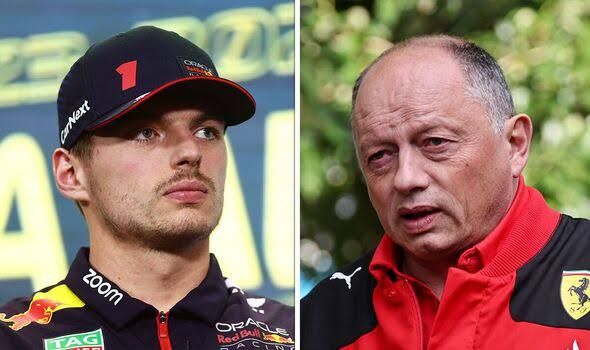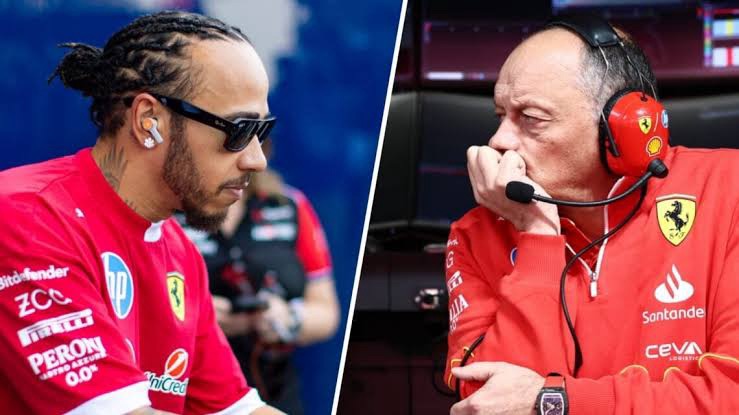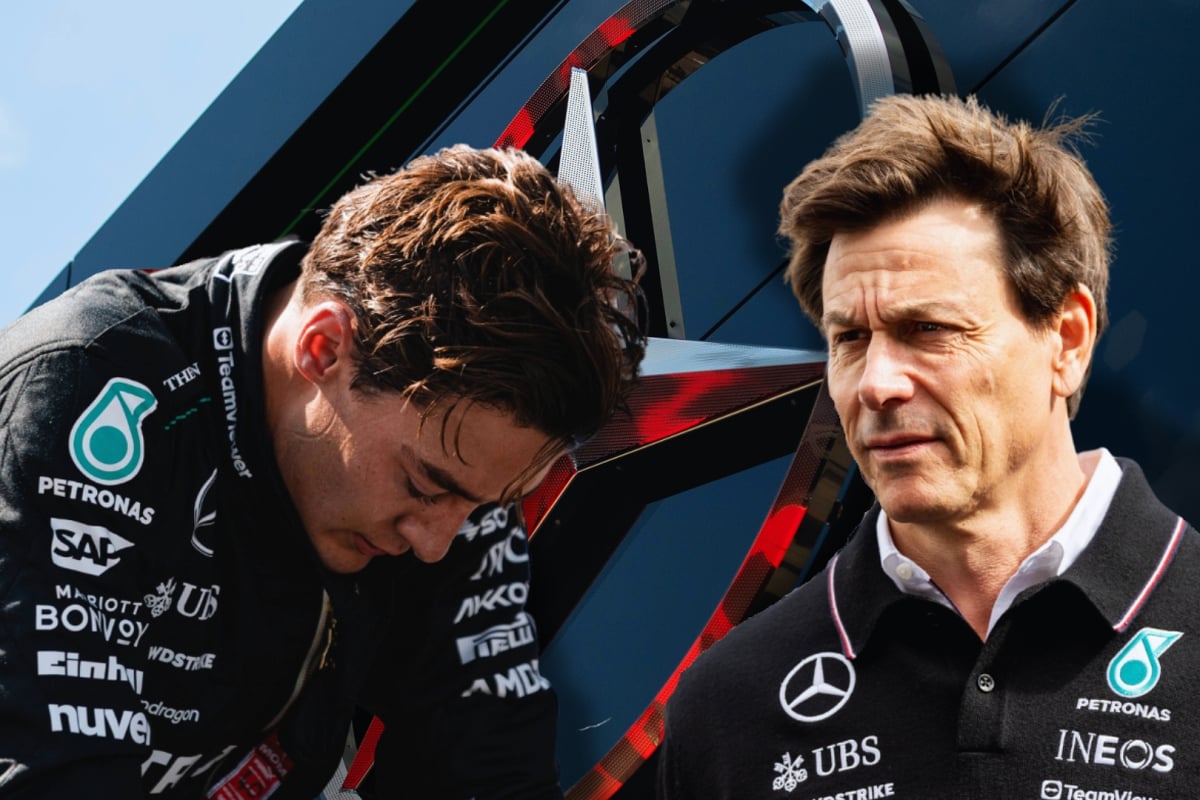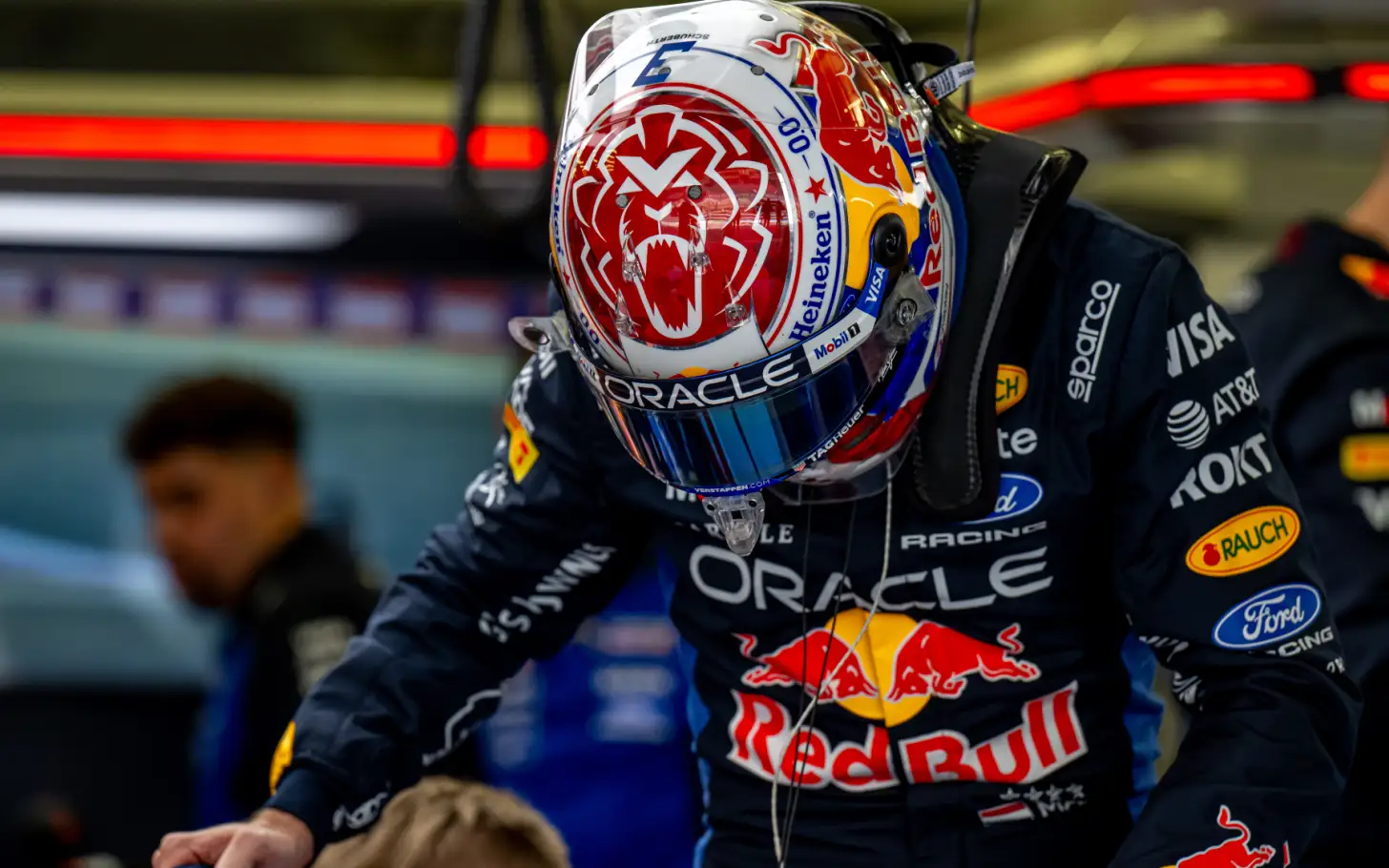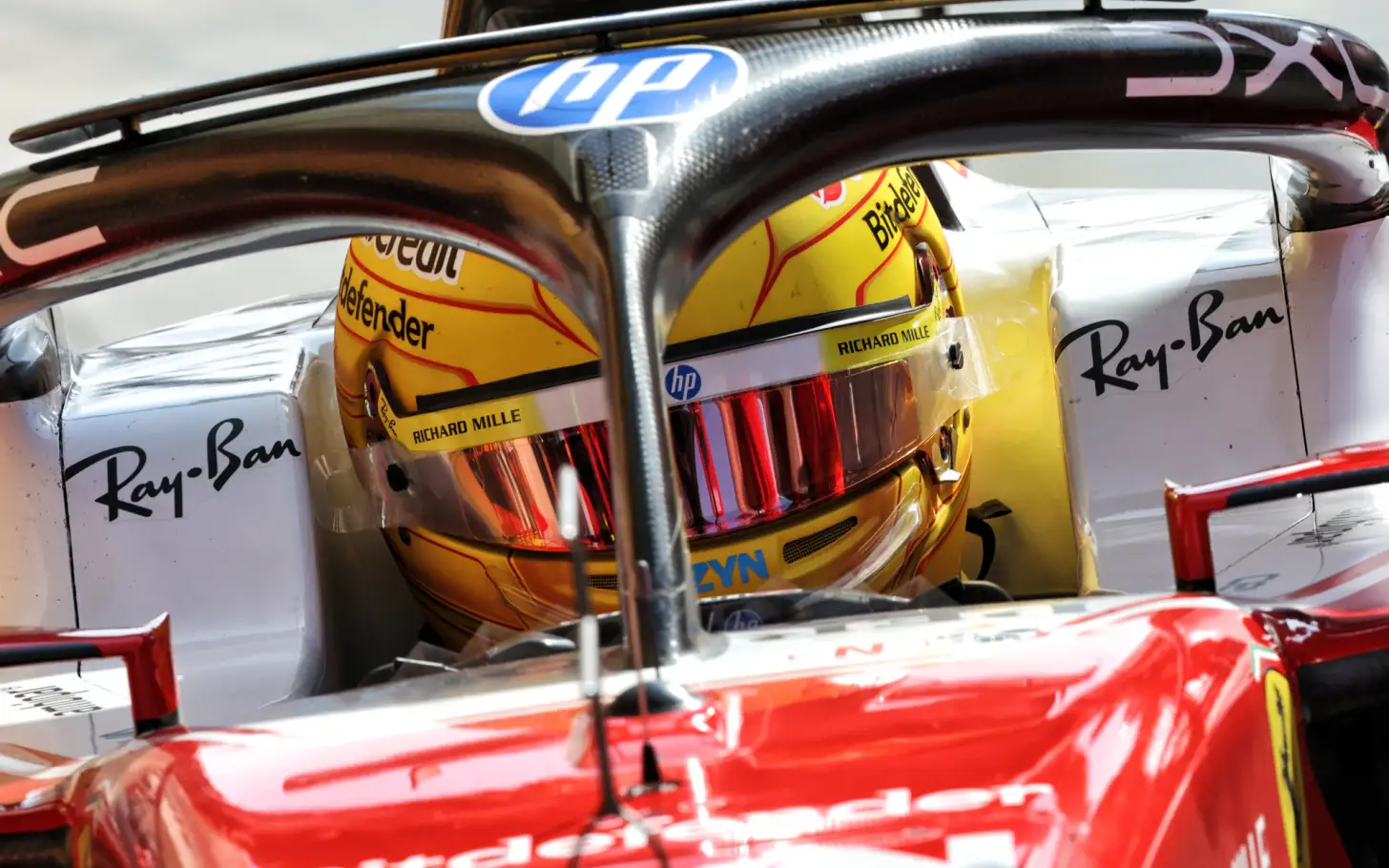Max Verstappen Caught in Swearing Controversy After Ferrari Boss Criticizes F1 Media Practices
Max Verstappen has once again found himself at the center of controversy — this time not for his driving, but for what appeared to be foul language during a race broadcast. The incident unfolded during the Saudi Arabian Grand Prix in Jeddah and has sparked fresh debate about Formula One’s (F1) media handling and selective censorship, especially in the wake of similar concerns raised by Ferrari team principal Fred Vasseur.
The drama stems from an in-race radio message sent by Verstappen after he was penalized by the stewards. During a battle with McLaren driver Oscar Piastri at Turn One, Verstappen went wide and used the run-off area. He believed he had reached the corner’s apex first and maintained his position legally, but the stewards disagreed. They ruled that he had gained an unfair advantage by going off-track and slapped him with a five-second penalty. This penalty ultimately had a significant impact on the race outcome, dropping Verstappen behind Piastri and affecting his shot at the win after the pit stop phase.
Following the decision, Red Bull’s radio communications captured Verstappen reacting to the penalty. The broadcasted version censored his comment, showing fans a bleeped-out message reading, “Well, that is **** lovely,” implying he used profanity. However, newly released onboard footage revealed that Verstappen had actually said “really lovely” — a sarcastic but clean response, free of any swearing.
This revelation has reignited criticism toward Formula One Management (FOM) for how it edits and broadcasts team radio. The situation is particularly sensitive given Verstappen’s recent history with language controversies. In the previous season, he was criticized for swearing during the FIA press conference in Singapore, which led to renewed scrutiny over how drivers express themselves publicly.
The incorrect censorship of Verstappen’s message in Jeddah raises questions about whether drivers are being unfairly portrayed. Verstappen himself commented on the evolving restrictions placed on drivers’ language and expressions, particularly criticizing the new FIA regulations. “I cannot swear in here,” Verstappen said when asked about the situation post-race, “but at the same time, you also can’t be critical in any form that might ‘harm’ or ‘danger’ motorsport.”
Verstappen’s frustration seems to echo broader concerns within the paddock about the direction the sport is taking. He and several other drivers have expressed unease over the increasingly strict regulations on speech, which they believe could stifle honest expression and undermine the authenticity of the sport.
Ferrari boss Fred Vasseur had already brought this issue to the forefront just weeks prior, after Lewis Hamilton’s in-race comments were selectively aired. Vasseur questioned FOM’s editing choices and warned that manipulating what audiences hear can affect perceptions unfairly. The Verstappen case seems to support his concerns, showing how easily context can be lost — or even falsely constructed — through selective broadcasting.
Fans have also taken notice. Social media erupted after the uncensored footage was released, with many expressing anger that Verstappen had been wrongly portrayed. Some accused FOM of attempting to manufacture drama or manipulate Verstappen’s image for entertainment value. Others argued that it disrespects the athletes, who should have the right to express frustration in high-pressure moments without being misrepresented.
The debate touches on a delicate balance: maintaining a family-friendly, professional image for the sport while also allowing drivers to be authentic and emotionally transparent. The high-adrenaline nature of F1 often leads to raw, unscripted reactions — something many fans appreciate for its honesty.
For Verstappen, this incident is likely to be just another bump in a season already filled with tight battles and intense rivalries. However, it could have longer-term implications if the FIA and FOM fail to address concerns around media representation and driver communication. As the sport continues to grow in global viewership, particularly with younger audiences tuning in through streaming and social media, trust in how the sport is presented will become increasingly important.
Ultimately, Verstappen’s wrongly censored radio message may have been a small moment in the grand scheme of a race weekend — but it’s one that highlights a growing tension between drivers and the sport’s governing and broadcasting bodies. Whether this will lead to meaningful change remains to be seen, but it’s clear that the F1 community is paying close attention.
